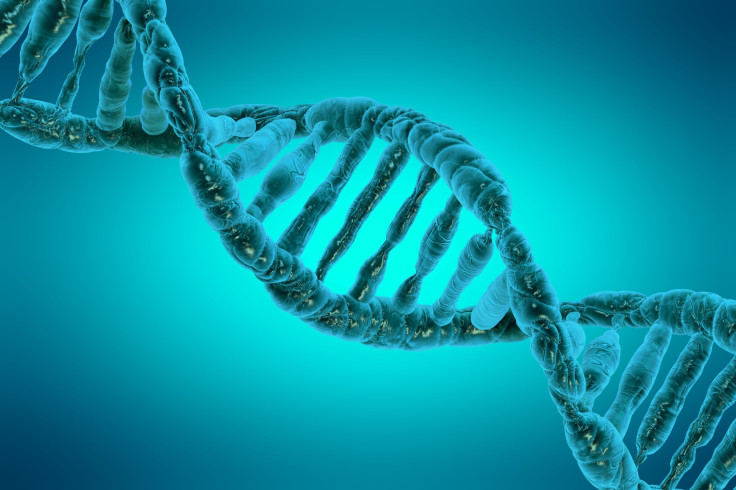Genes That Influence Puberty Identified; May Mean Big Things For The Future Of Female Health

A recent study from Cambridge University in the UK has found that from the moment of birth the timing of a girl’s first menstruation is predetermined based on a set of imprinted genes. Although science has always known that there were genetic variables for both male and female puberty, the recent study has “lifted the lid as to how complex” this genetic influence really is.
Genetic Roadmap
At birth, a child’s future is unknown and filled with nothing but the blind ambition of the proud parents. Perhaps our future, though mysterious, isn’t as arbitrary as once believed. With each passing year, the science of genetics has revealed how much of our future is already written out in our genome. The recent study, currently published in the journal Nature, has shown that the age at which a girl reaches sexual maturity is part of our genetic roadmap, predetermined by “imprinted genes,” a small subset of genes whose activity differs depending on which parent passes them on. Lead author, Dr. John Perry, told Medical Daily that “from a biological perspective, it’s pretty amazing,” but it’s the possible implication these genes have on female health that are truly intriguing.
Complex Biology
The study integrated the genetic data from 180,000 women in Europe or from European decent, according to a recent press release. By using this information, researchers were able to identify 123 genetic variations associated with the timing of a girl’s first menstrual cycle. “We were pretty surprised by just how involved the biology is,” explained Perry. The Cambridge researcher went on to explain how, at first, his team hypothesized the trigger for puberty “must be a fairly simple thing,” but later found that “it probably involves hundreds if not thousands of genes in the genome.”
Women’s Health
Science has associated early menstruation with the occurrence of disease later in life, but the reasoning for this correlation has remained unknown. For women, early puberty can contribute to increased risks for developing diabetes, heart disease, and breast cancer later in life. “The genetic findings confirm strong biological links between faster weight gain, or overweight, and higher risk of early puberty — and these women will retain the tendency to overweight throughout adult life,” Dr. Ken Ong, senior author of the study explained to Medical Daily.
He hopes that further understanding this link between early puberty and increased risk for certain health complications will help researchers “to hopefully one day break this link.” Perry added that knowing the triggers and what the links are is essential to helping figure out ways to reduce the risk for later life disease.
Genetic Predisposition?
Often individuals may have an increased likelihood of developing a particular disease because of what doctors call a genetic predisposition. Although these genes can contribute to the development of the condition, they are not the direct cause of it. Oftentimes, some people with a certain genetic variation will never develop the condition, while other times the entire family with be stricken with the same disease. Breast cancer’s BRCA1 and BRCA2 genes are probably the most easily identified by the public as genetic precursors for disease, but science has identified specific genes linked to other conditions such as obesity, heart disease, and mental illness.
Next Step
This study is only the first step in a long journey to understanding the role that genetics play in certain diseases. Perry explained that next his team planned on identifying more genes and increasing the number of genetic variants in genes discovered. The team also plans on looking at more rare variants and genes belonging to women of different ancestry roots.
The researchers are also interested in puberty genes linked with health risks in males. Perry explained how the genes his team identified are not gender specific and can go on to influence puberty in either sex. Unfortunately, collecting data on the beginning of male puberty is much more ambitious. Most men cannot accurately recall the age at which their voice broke or started to grow hair under their arms. “As much as we’d love to do these experiments in men, it's very difficult,” Perry explained. Although the process of collecting data from the male population may prove to be tedious, Perry insists that it is a future project that he will definitely attempt to tackle.
Source: Perry JRB, Day F, Elks CE. Parent of origin specific allelic association among 106 genomic loci for age at menarche. Nature. 2014.



























